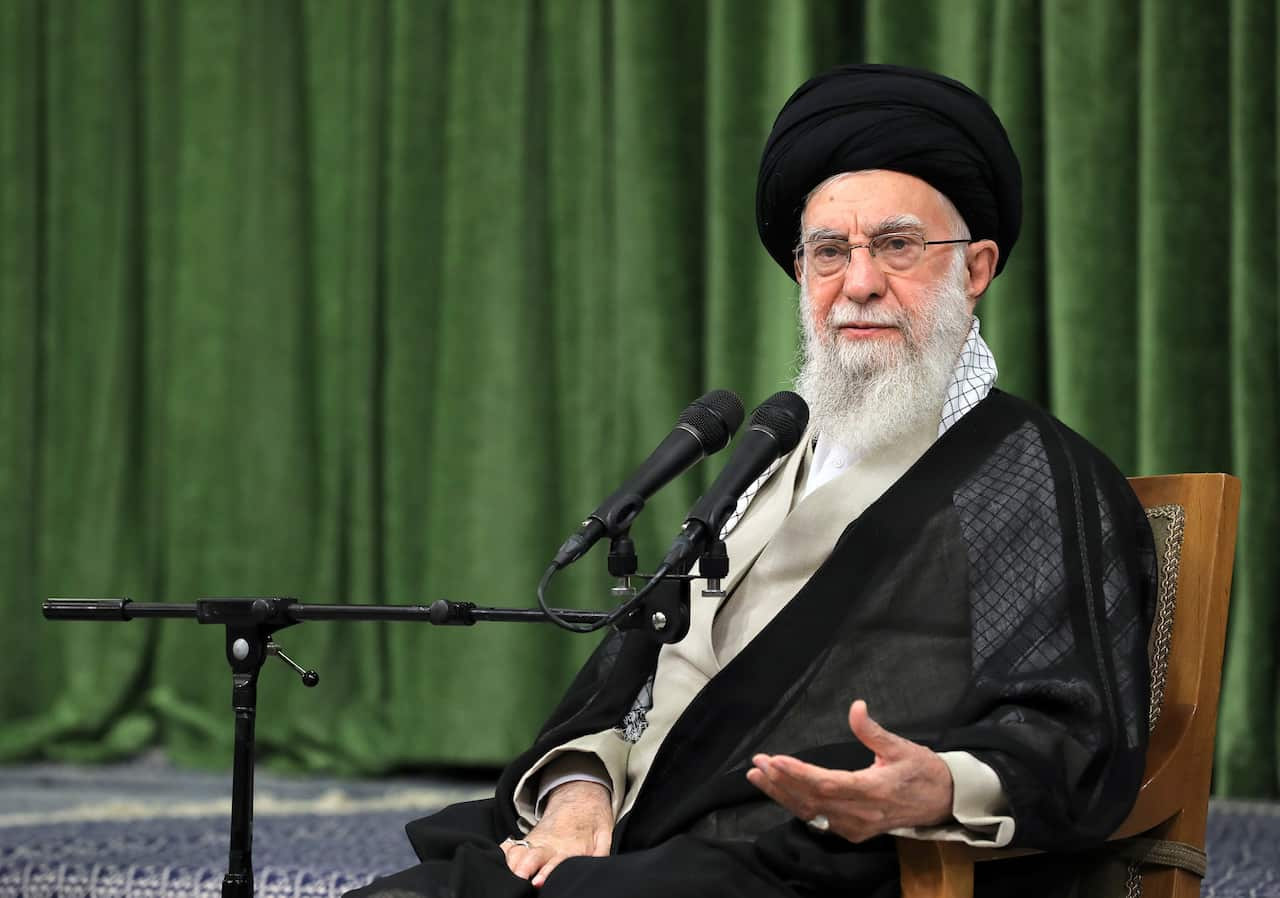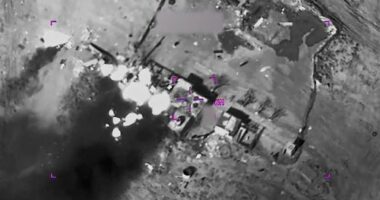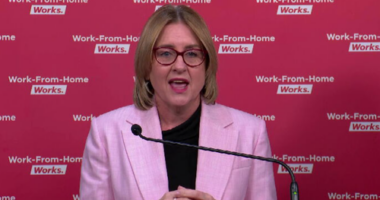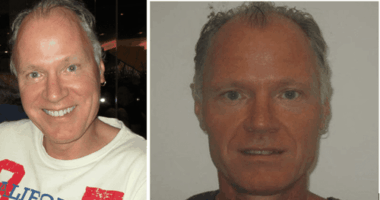Share this @internewscast.com
Arash Azizi, a senior fellow at Boston University with expertise in Middle Eastern politics, notes that the “twilight of his rule” has been “hastened” due to Israel’s actions.
Who is Ayatollah Ali Khamenei?
While elected officials manage day-to-day affairs, no major policy proceeds without his explicit approval.
Lacking the religious credentials of Khomeini, Khamenei has often relied on his complex security network, including the IRGC and the Basij — a force made up of hundreds of thousands of volunteer paramilitaries — to suppress opposition.

Ayatollah Ali Khamenei has served as Iran’s supreme leader for over three decades. Source: Anadolu / Getty images
Karim Sadjadpour, a senior fellow at the Carnegie Endowment for International Peace, where he focuses on Iran and US foreign policy toward the Middle East said “an accident of history” had transformed a “weak president to an initially weak supreme leader to one of the five most powerful Iranians of the last 100 years”.
His influence is also greatly supported by the Setad, a large financial empire valued in the tens of billions, directly controlled by Khamenei and significantly expanded during his leadership.
In 2022, Khamenei was just as ruthless in arresting, imprisoning or sometimes executing protesters enraged by the death of Amini.
Strikes intensify ‘already simmering tensions’
The scale of Israel’s first attacks on Iran last week — which killed key Iranian figures including the army chief and head of the Revolutionary Guards — took the leadership by surprise at a time when it has been on the lookout for any further protests amid economic hardship.










